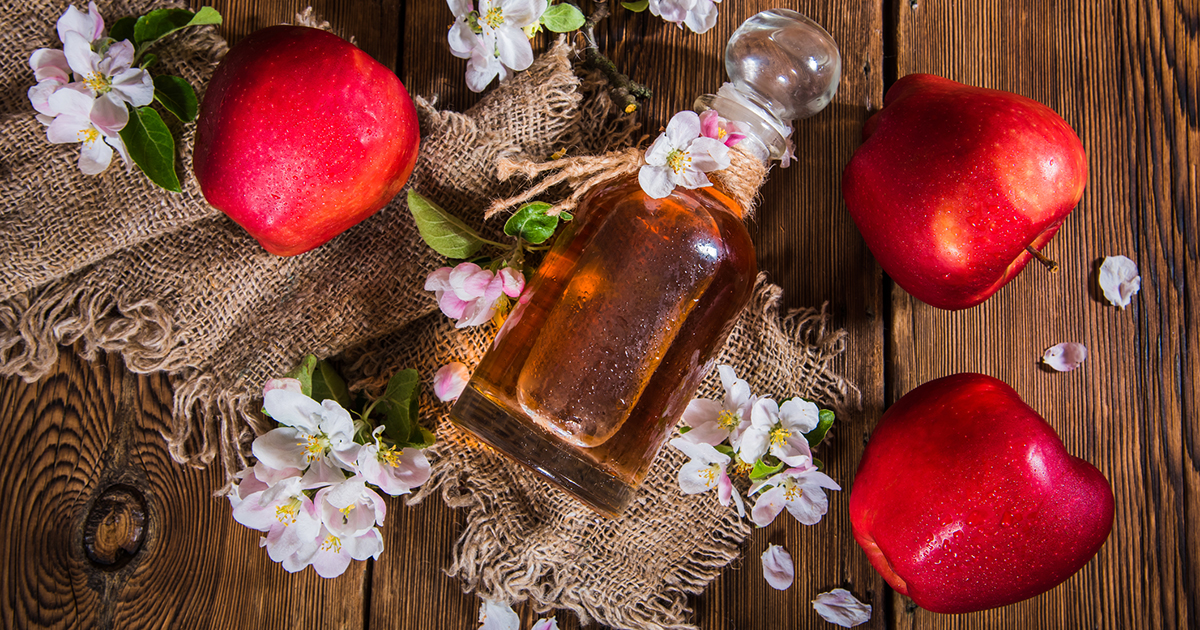Remedies For An Itchy Scalp
Apple Cider Vinegar

Apple cider vinegar is another natural remedy that helps remove fungus and infection from the scalp. The vinegar can also reduce scalp inflammation and get rid of redness that sometimes forms on the scalp due to dermatitis or psoriasis. Apple cider vinegar has quite a strong smell, so mixing it with warm water and rinsing the hair thoroughly after shampooing is like the best way to use this natural remedy. Apple cider vinegar helps reduce itching and discomfort and helps keep an infection from settling onto the scalp, and is an affordable treatment that is safe to use each time individuals wash their hair. Using this remedy regularly can also prevent damage and scalp irritation.
